Description
Ceylon Cinnamon (Cinnamonum verum) spice is one of the highly prized items that have been in use since biblical times for its fragrance, medicinal and culinary properties. This delightfully exotic, sweet-flavored spice traditionally obtained from the inner brown bark of Cinnamomum trees which when dried rolls into tubular-sticks, known commercially as "quill." The cinnamon plant is a small, evergreen bushy tree belonging to the family of Lauraceae or Laurel of the genus, Cinnamomum. This novel spice is native to Sri Lankan is land but also grow in many other countries such as Indonesia, Myanmar, Bangladesh, India, and China. Many different cultivars of cinnamons exist; however, Sri Lankan variety widely considered as "true cinnamon" (Cinnamonum verum). Species: Cinnamomum verum Other names: sweet cinnamon, true cinnamon Appearance: The thin, multi-layered bark of true cinnamon is most often a reddish brown. The bark is curled in on itself as it is dried and cured. The ground Ceylon Cinnamon is light brown, with a slight tint of red. Typically used: The dried bark is used whole or powdered, and the twigs and leaves are distilled into an essential oil. Origin: Ceylon cinnamon is cultivated from the inner bark of the evergreen tree, Cinnamomum verum. Native to Sri Lanka (formerly called Ceylon), Bangladesh, Burma, and the south-eastern coast of India, the spice has been considered a gift fit for gods and has been traded for centuries. Flavor: Sweet, warming, delicate (in contrast to Cassia Cinnamon, which is warming and somewhat spicy and/or peppery) Aroma: Sweet and somewhat pungent Culinary uses: Ceylon cinnamon is used in both sweet and savory dishes. It has been popularized in the United States as the perfect pairing for apples. The sticks are soft enough to be easily ground in a coffee or spice grinder. In Mexico, Ceylon cinnamon is used in chocolate, and in the Middle East the spice can be found in savory meat dishes. Other uses: Cinnamon is used in perfumes, cosmetics, cordials, potpourris, incense, tinctures, and essential oils. Ceylon vs. Cassia: Cassia bark can be described as hard, thick, and rough in comparison to true Cinnamon. Cassia is more tan than reddish brown. When dried, Cassia Cinnamon sticks appear as a single thick layer that curls in from two sides, whereas Ceylon Cinnamon has many layers that usually curl all together.
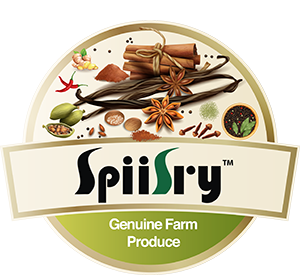
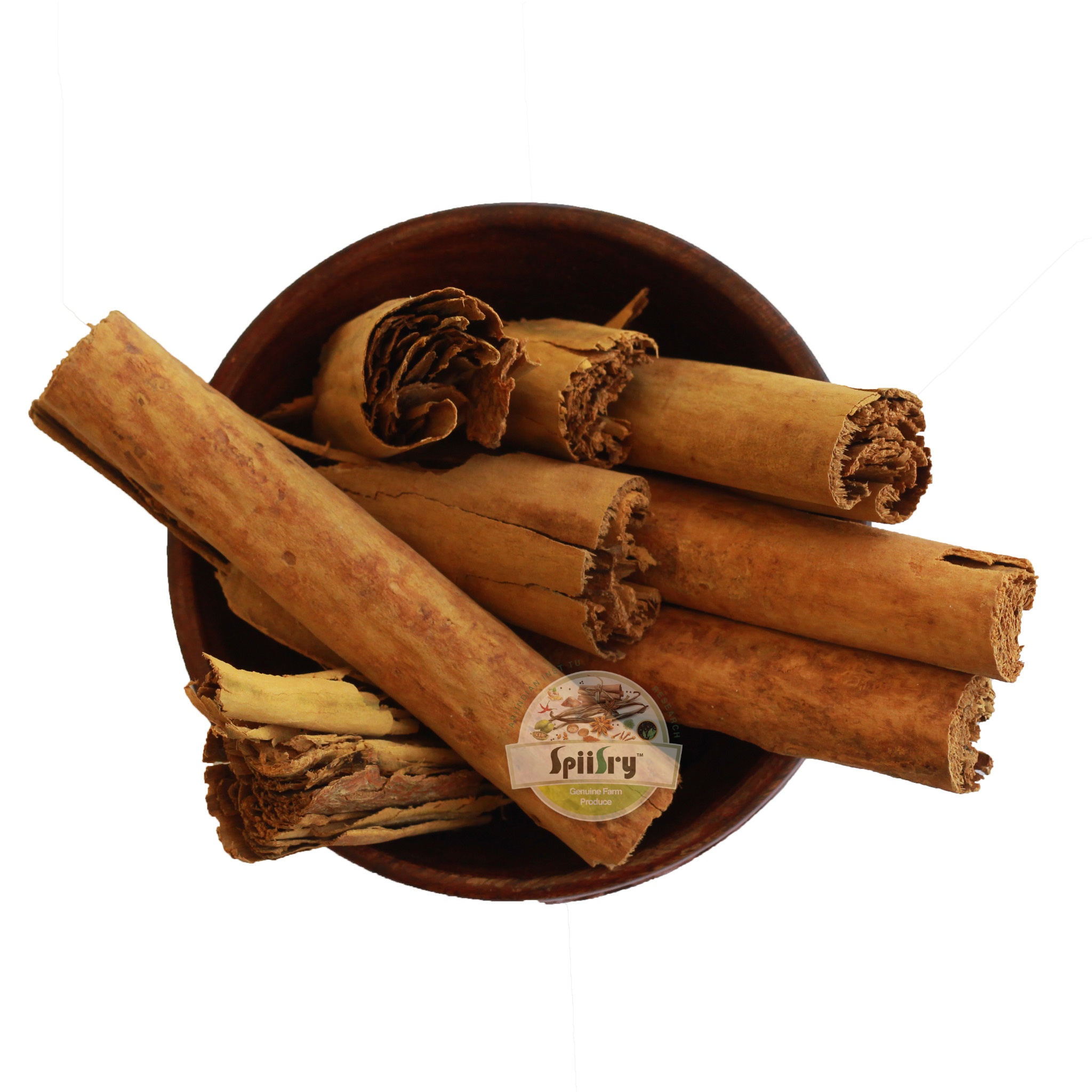
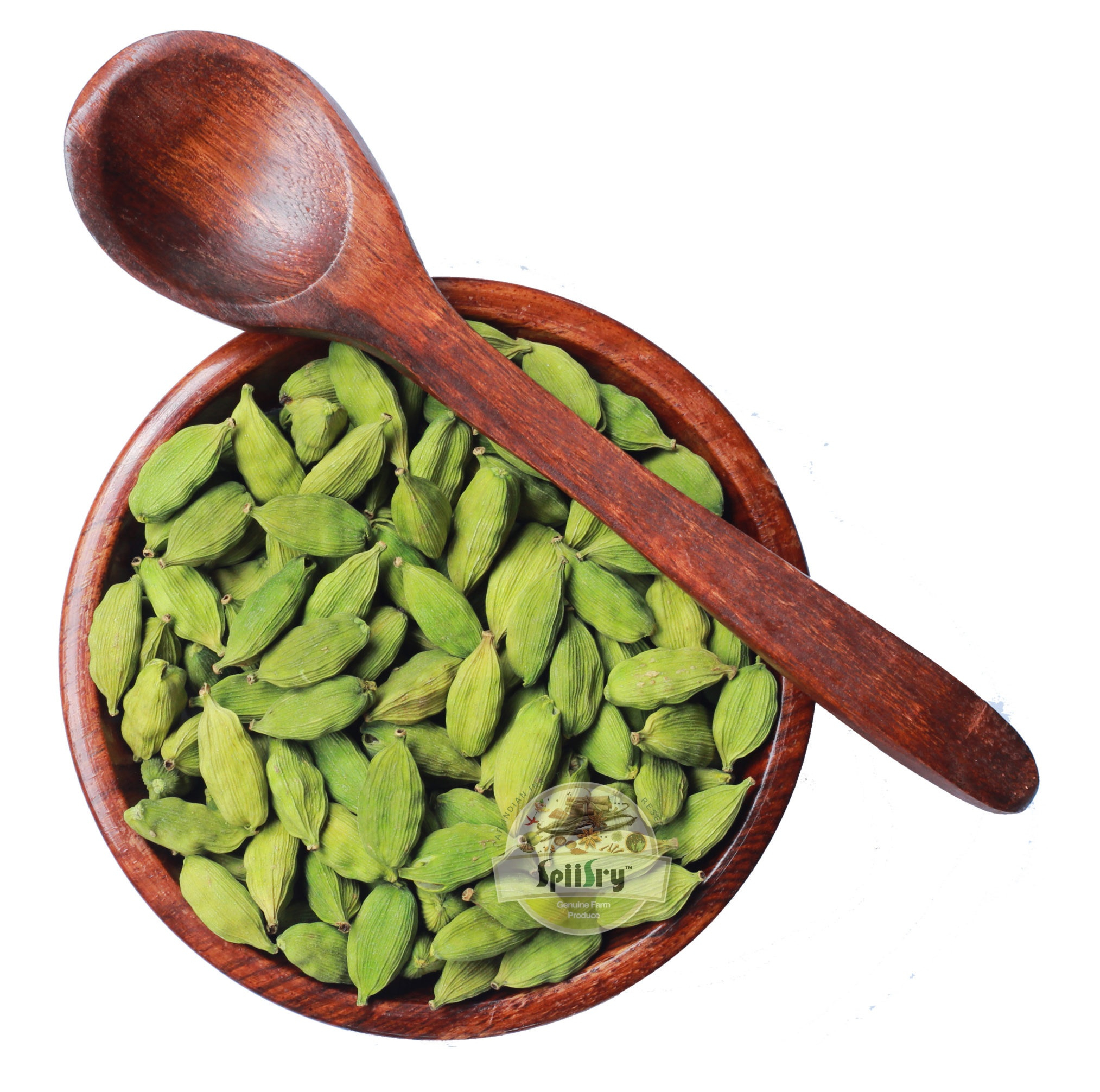
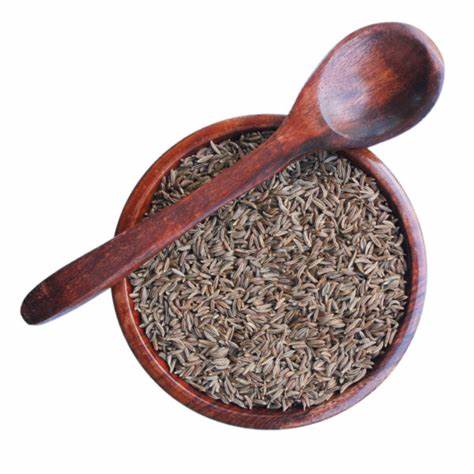

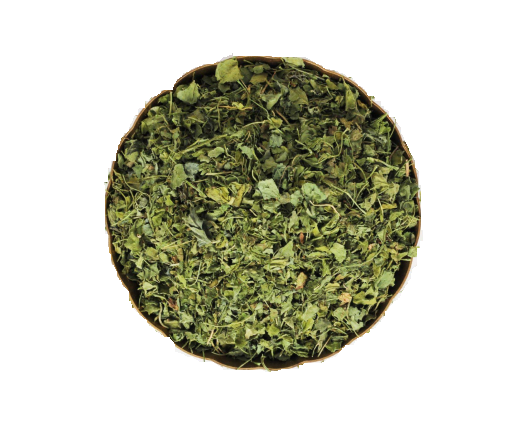
Reviews
There are no reviews yet.